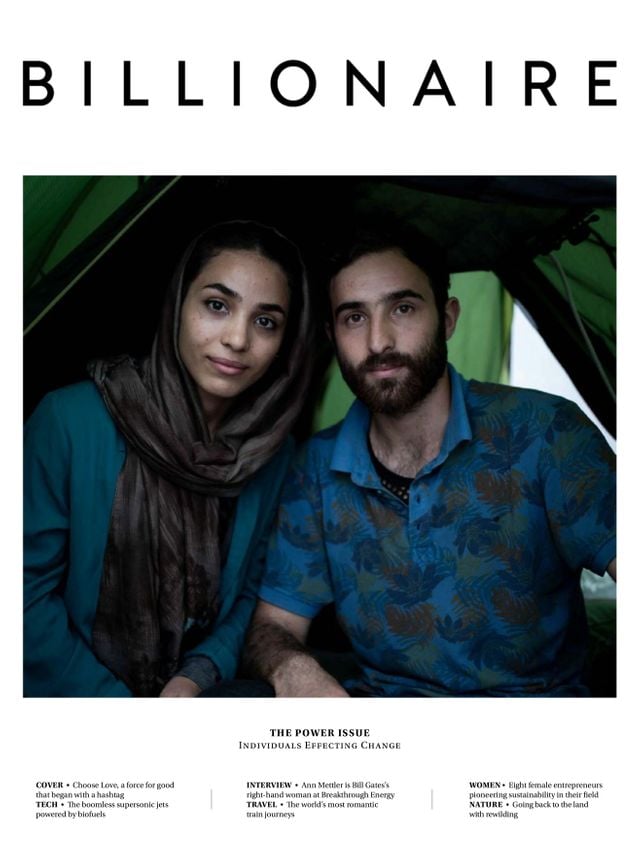The Power of Family Philanthropy
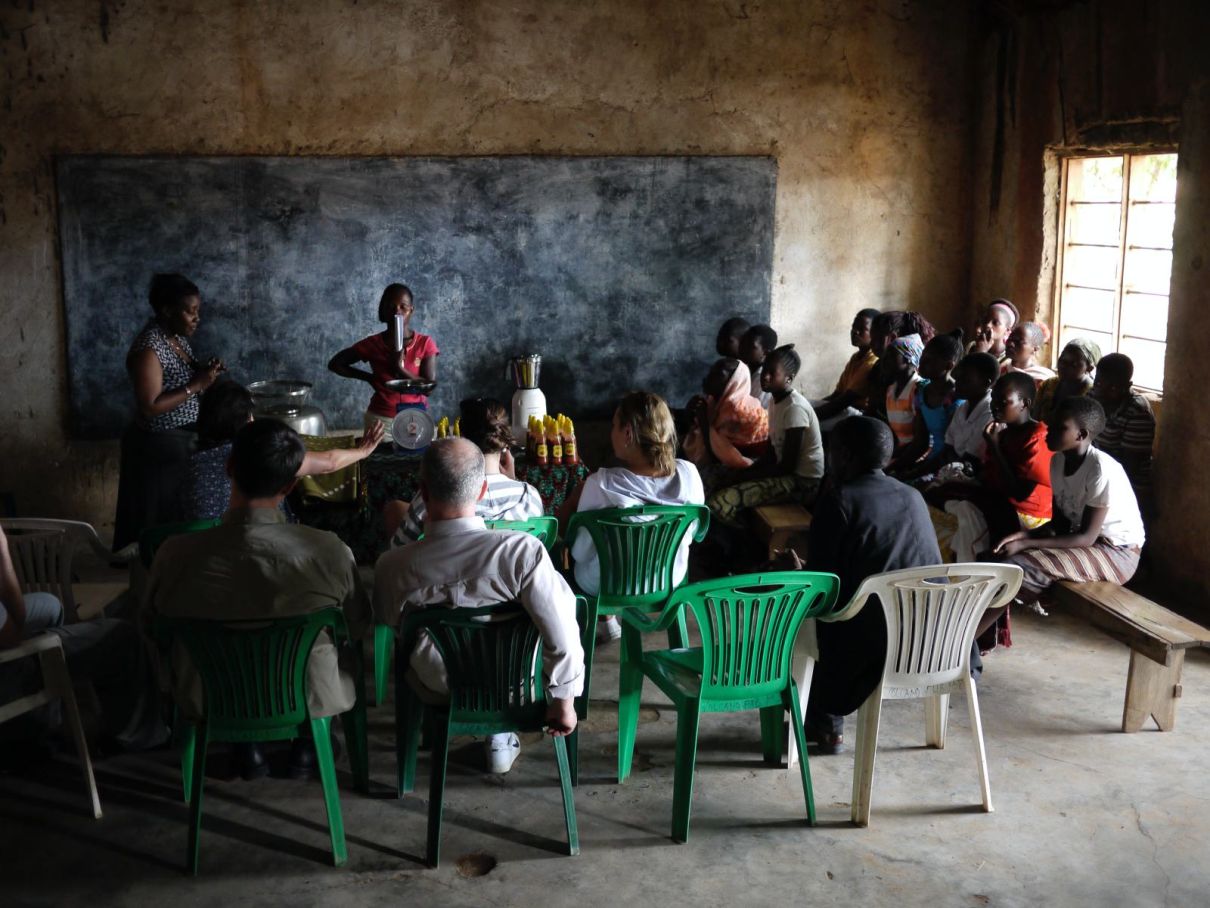
Wealthy families need to engage next generations with their philanthropic values.
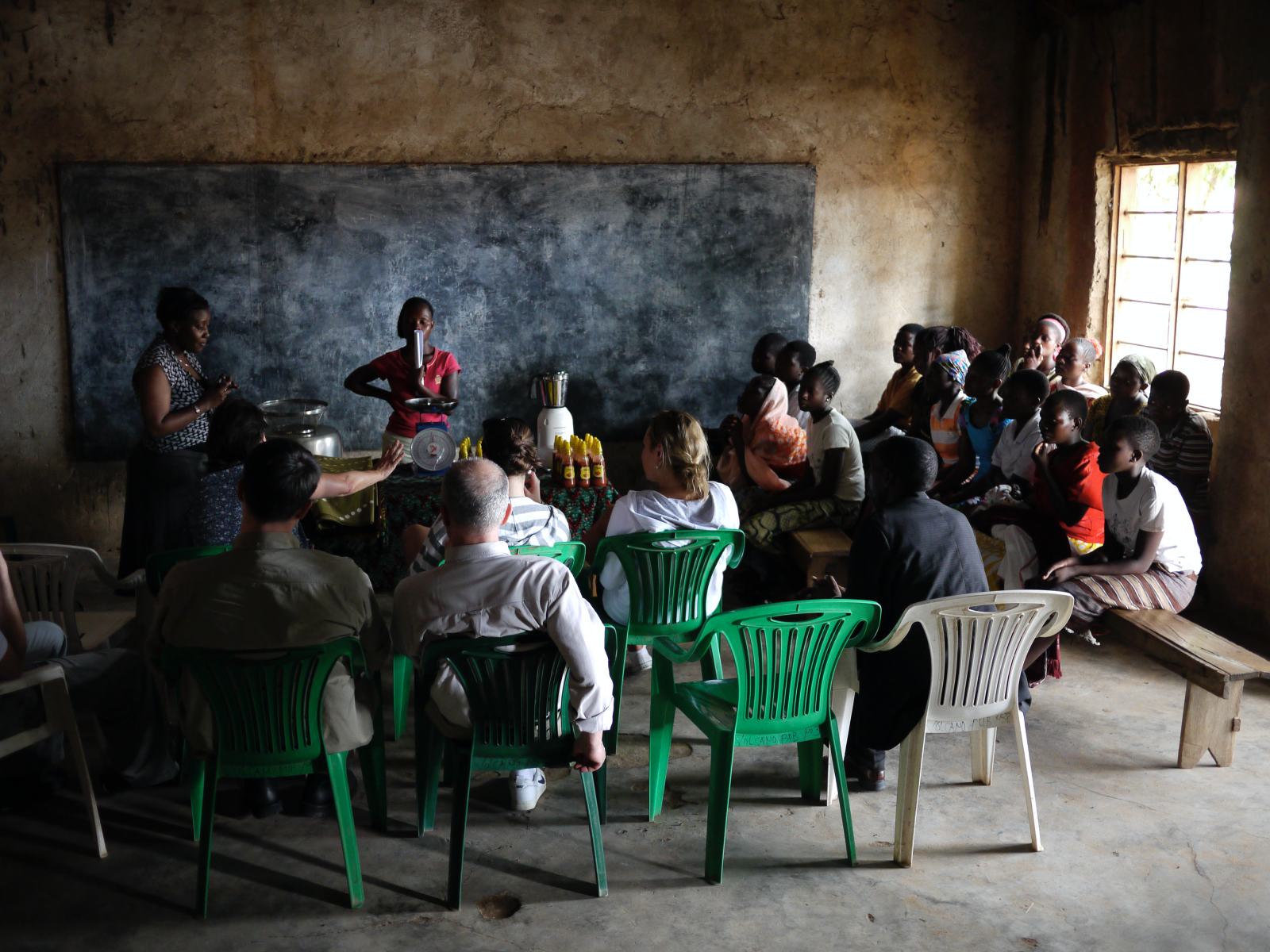
“Very often, in a family, money does not bring people together — it divides them,” says Thierry Mauvernay, chairman of his own family business Debiopharm, as well as the initiator and donor of the Debiopharm Chair for Family Philanthropy at IMD Business School in Switzerland.
He adds: “The passing of time does not unite them either, it separates generations. What unites people are values. Family philanthropy should make it possible to unite both family members and company staff around common values.”
Those who are running family foundations know only too well the challenges that can arise if a family is not engaged and aligned with its philanthropy — it can lead to drift, a lack of cohesion and purpose, and a loss of interest or support over generations. Furthermore, in most cases business is driven by money, and philanthropy by emotions. Put together it can achieve greatness but can also lead to catastrophe.
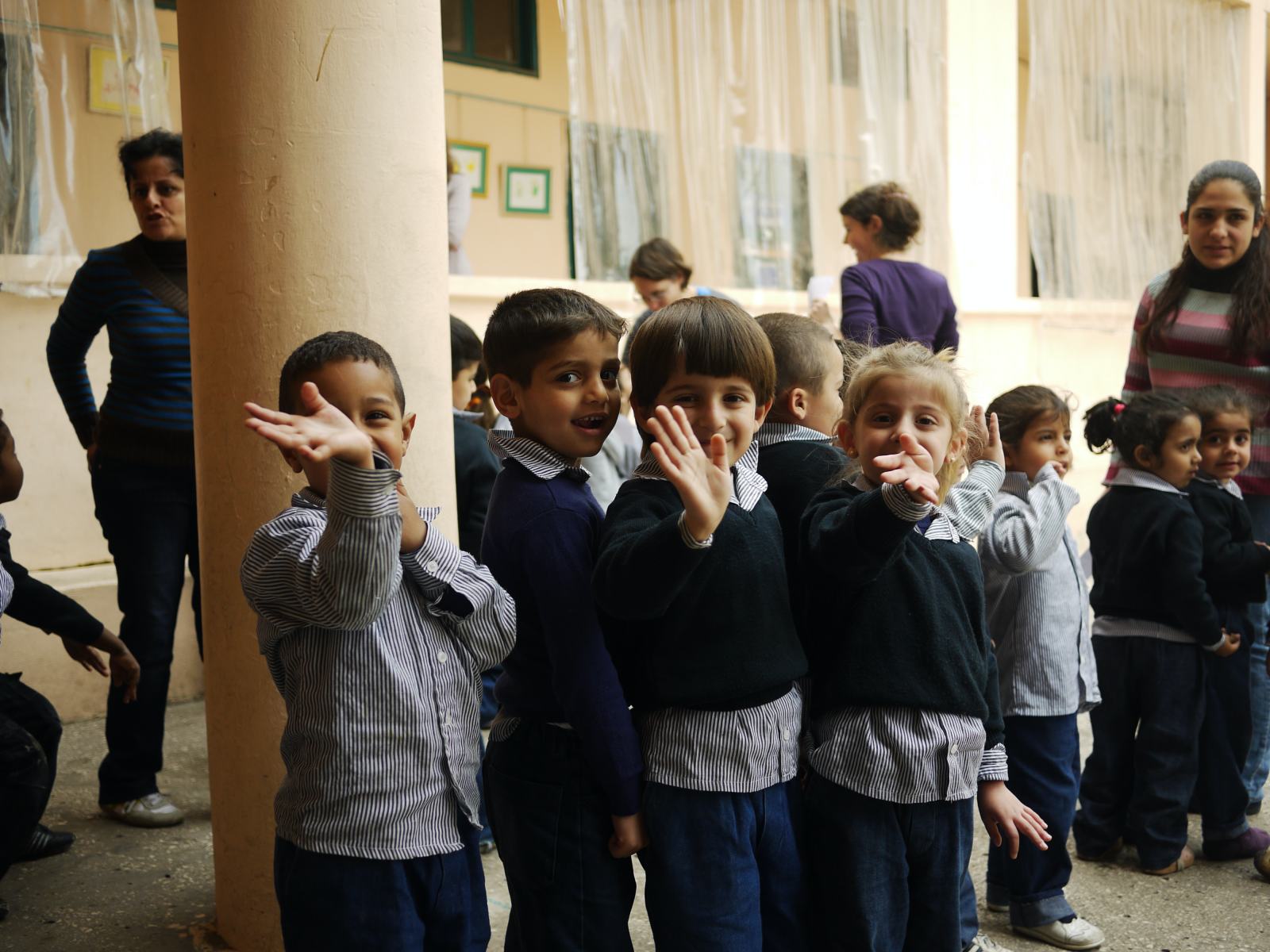
So, are you doing enough? How engaged is your family with your foundation? Are they passionate about giving or do they see it as something distant or inherited, like antique furniture? In other words, how aligned is the concept of philanthropy within your family. Is it peripheral or an integral part of the family enterprise system?
Where can the cracks begin to show in family engagement? There are many ways. An upcoming generation may not identify with the causes that inspired the creation of the foundation, or there may be a lack of understanding about how effective philanthropy can benefit other aspects of the family enterprise systems. It can also be that the senior generation does not actively think about engaging the younger family members and to inspire them about the family’s philanthropic efforts. Newer generations may also come with different sets of skills and expectations on why and how to engage. Addressing these challenges early on in a systematic way is important, but not always easy.
Our experience in practice, as well as academia, shows that philanthropy has a serious and valuable role to play in sustaining a healthy family enterprise system and that engaged and aligned philanthropic families create even more impact as they can do more to leverage their resources.
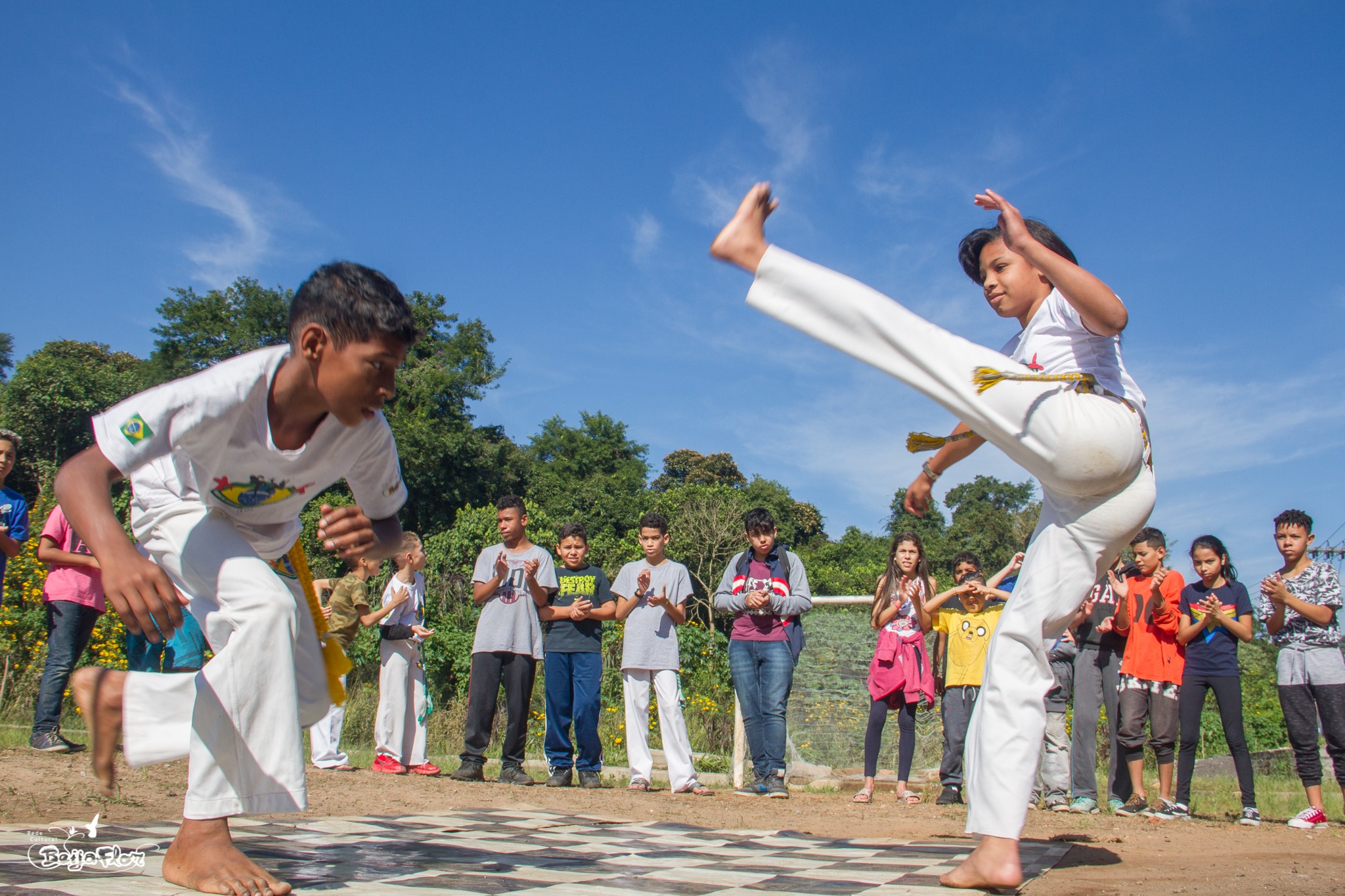
Foundations must be ready to continuously and actively engage family members and re-define its relevance for each generation so that the contract of giving can be renewed as necessary and philanthropy be used as a family-cohesion mechanism.
Family philanthropy is an area that more and more families are asking for support with as they seek to build a healthy and holistic family enterprise system, not just a healthy business. Given that about 70 percent of businesses around the world are owned by families, this topic is of utmost importance to inspire positive change and responsible leadership, especially considering the huge challenges our society faces from pandemics, migration or climate change.
When well structured, family philanthropy has the power to increase engagement and understanding between relatives and provides meaningful roles for family members who may not be active in the business. It onboards next-generation family members into the family’s values and purpose, and it provides a safe first step into areas or responsibility that can act as a pathway to the business or beyond. It can also influence how a business perceives its responsibility and contribution to society. It has the power to change your world, as well as impacting positively on the world.
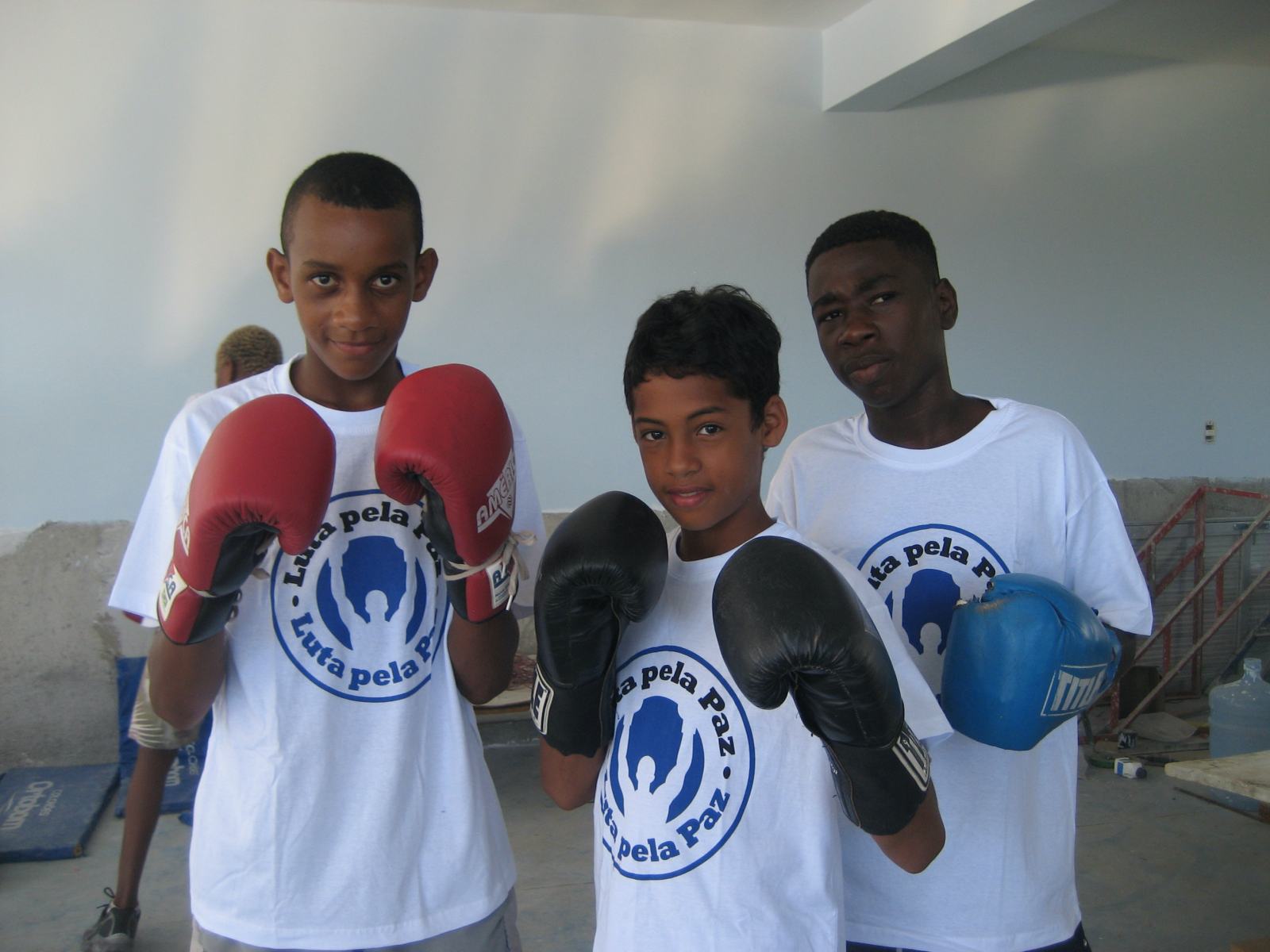
Explaining these points to families is not enough and is not likely to be the right approach. Families expect tools and encouragement to feel motivated to engage — to think through the reasons why they give, who could help them and how their giving might become more effective. Managed the right way, there is an opportunity here to take stock and renew the contract for giving — a contract that will deliver better results, strengthen the family and forge healthier bonds between family and foundation.
The Family Philanthropy Navigator that we have developed in collaboration with IMD and that was recently published in a book, is a systematic, playful and easy-to-use tool, in part, to make it easier for families to engage and align with their giving and to help those working with families to stimulate these important discussions. Through eight key questions, supported by activities and advice, we have found it is possible to explore the purpose, relationships and organisation of family philanthropy and to refresh or reset that philanthropic contract in a way that feels relevant to today’s generations.
Out of the nine practical case studies published in the book, the Foundation Juniclair has developed a very successful approach to both building an impactful approach towards beneficiaries and finding inclusive ways for three generations to get involved.
As Marianne Ruggieri, founder and president of Juniclair Foundation, states: “The motivation is twofold: make a difference as we want to see our giving having tangible impact; as well as bringing the family members together to pass our family values on to the next generations and educate the younger generation about the importance of giving and doing it ‘the right way’.”

The Ojjeh family has also had an interesting journey transforming its giving over three generations. The first generation’s giving was driven by a religious duty, the second generation involved the third one when they were teenagers, remaining hands off and providing them the independent support of WISE philanthropy advisors to give them space to find their own way.
And now the four siblings, together with their spouses, have formed the Bloom Fund with a giving model strongly driven by family values.
The key learning they have shared with us is that: “It’s important to respect differences within the family and in each others’ journey.”
As Aristotle once said, “doing good for others is enlightened self-interest”. Failing to act when families disengage or drift from their giving is a dereliction of duty and a missed opportunity, both for the family and society. Starting the conversation now is beginning a new chapter of successful giving that also gives something back to the family.
Maurice Machenbaum is co-founder and Partner, WISE philanthropy advisors
www.wise.net
This article originally appeared in Billionaire's Power Issue, Summer 2021. To subscribe contact

